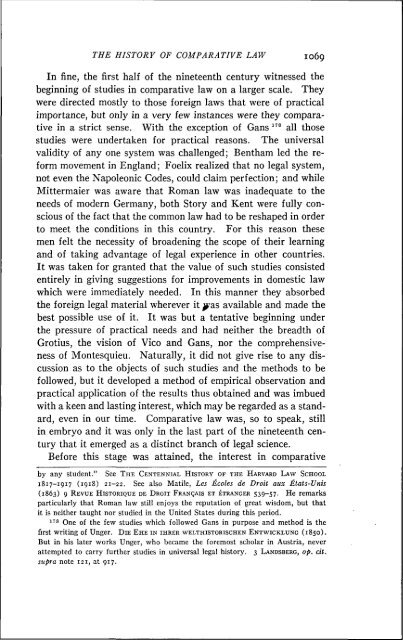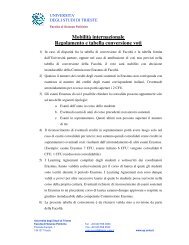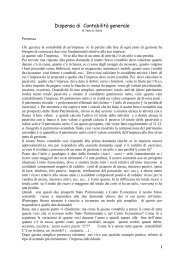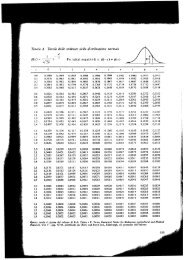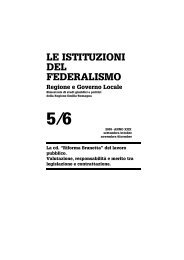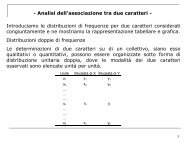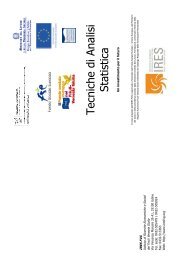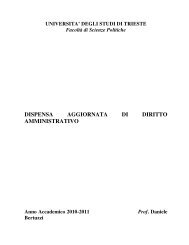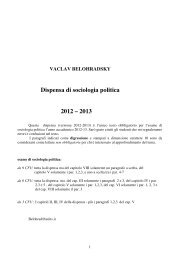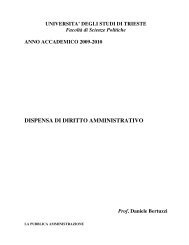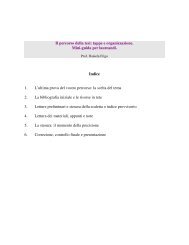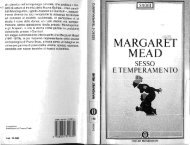THE HISTORY OF COMPARATIVE LAW * ^COMPARATIVE law, as ...
THE HISTORY OF COMPARATIVE LAW * ^COMPARATIVE law, as ...
THE HISTORY OF COMPARATIVE LAW * ^COMPARATIVE law, as ...
Create successful ePaper yourself
Turn your PDF publications into a flip-book with our unique Google optimized e-Paper software.
<strong>THE</strong> <strong>HISTORY</strong> <strong>OF</strong> <strong>COMPARATIVE</strong> <strong>LAW</strong> 1069<br />
In fine, the first half of the nineteenth century witnessed the<br />
beginning of studies in comparative <strong>law</strong> on a larger scale. They<br />
were directed mostly to those foreign <strong>law</strong>s that were of practical<br />
importance, but only in a very few instances were they comparative<br />
in a strict sense. With the exception of Gans ^'^ all those<br />
studies were undertaken for practical re<strong>as</strong>ons. The universal<br />
validity of any one system w<strong>as</strong> challenged; Bentham led the reform<br />
movement in England; Foelix realized that no legal system,<br />
not even the Napoleonic Codes, could claim perfection; and while<br />
Mittermaier w<strong>as</strong> aware that Roman <strong>law</strong> w<strong>as</strong> inadequate to the<br />
needs of modern Germany, both Story and Kent were fully conscious<br />
of the fact that the common <strong>law</strong> had to be reshaped in order<br />
to meet the conditions in this country. For this re<strong>as</strong>on these<br />
men felt the necessity of broadening the scope of their learning<br />
and of taking advantage of legal experience in other countries.<br />
It w<strong>as</strong> taken for granted that the value of such studies consisted<br />
entirely in giving suggestions for improvements in domestic <strong>law</strong><br />
which were immediately needed. In this manner they absorbed<br />
the foreign legal material wherever it ^<strong>as</strong> available and made the<br />
best possible use of it. It w<strong>as</strong> but a tentative beginning under<br />
the pressure of practical needs and had neither the breadth of<br />
Grotius, the vision of Vico and Gans, nor the comprehensiveness<br />
of Montesquieu. Naturally, it did not give rise to any discussion<br />
<strong>as</strong> to the objects of such studies and the methods to be<br />
followed, but it developed a method of empirical observation and<br />
practical application of the results thus obtained and w<strong>as</strong> imbued<br />
with a keen and l<strong>as</strong>ting interest, which may be regarded <strong>as</strong> a standard,<br />
even in our time. Comparative <strong>law</strong> w<strong>as</strong>, so to speak, still<br />
in embryo and it w<strong>as</strong> only in the l<strong>as</strong>t part of the nineteenth century<br />
that it emerged <strong>as</strong> a distinct branch of legal science.<br />
Before this stage w<strong>as</strong> attained, the interest in comparative<br />
by any student." See <strong>THE</strong> CENTENNIAL <strong>HISTORY</strong> <strong>OF</strong> <strong>THE</strong> HARVARD <strong>LAW</strong> SCHOOI.<br />
1817-1917 (1918) 21—22. See also Matile, Les &coles de Droit aux £tats-Unis<br />
(1863) 9 REVUE HISTORIQUE DE DROIT FRANQAIS ET ETRANGER 539-57. He remarks<br />
particularly that Roman <strong>law</strong> still enjoys the reputation of great wisdom, but that<br />
it is neither taught nor studied in the United States during this period.<br />
i''^ One of the few studies which followed Gans in purpose and method is the<br />
first writing of Unger. DIE EHE IN IHRER WELTHISTORISCHEN ENTWICKLUNG (1850).<br />
But in his later works Unger, who became the foremost scholar in Austria, never<br />
attempted to carry further studies in universal legal history. 3 LANDSBERG, op. dt.<br />
supra note 121, at 917.


